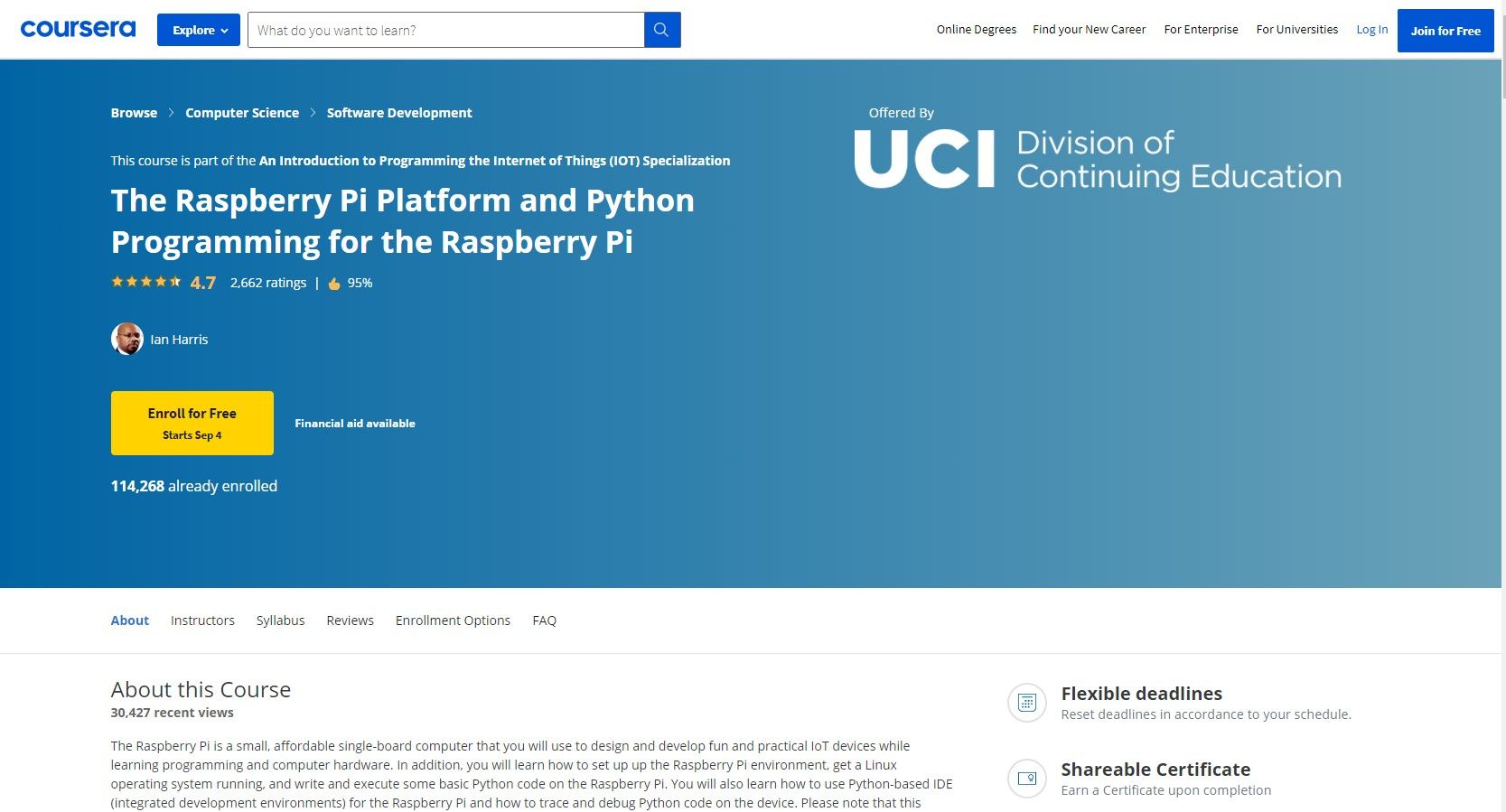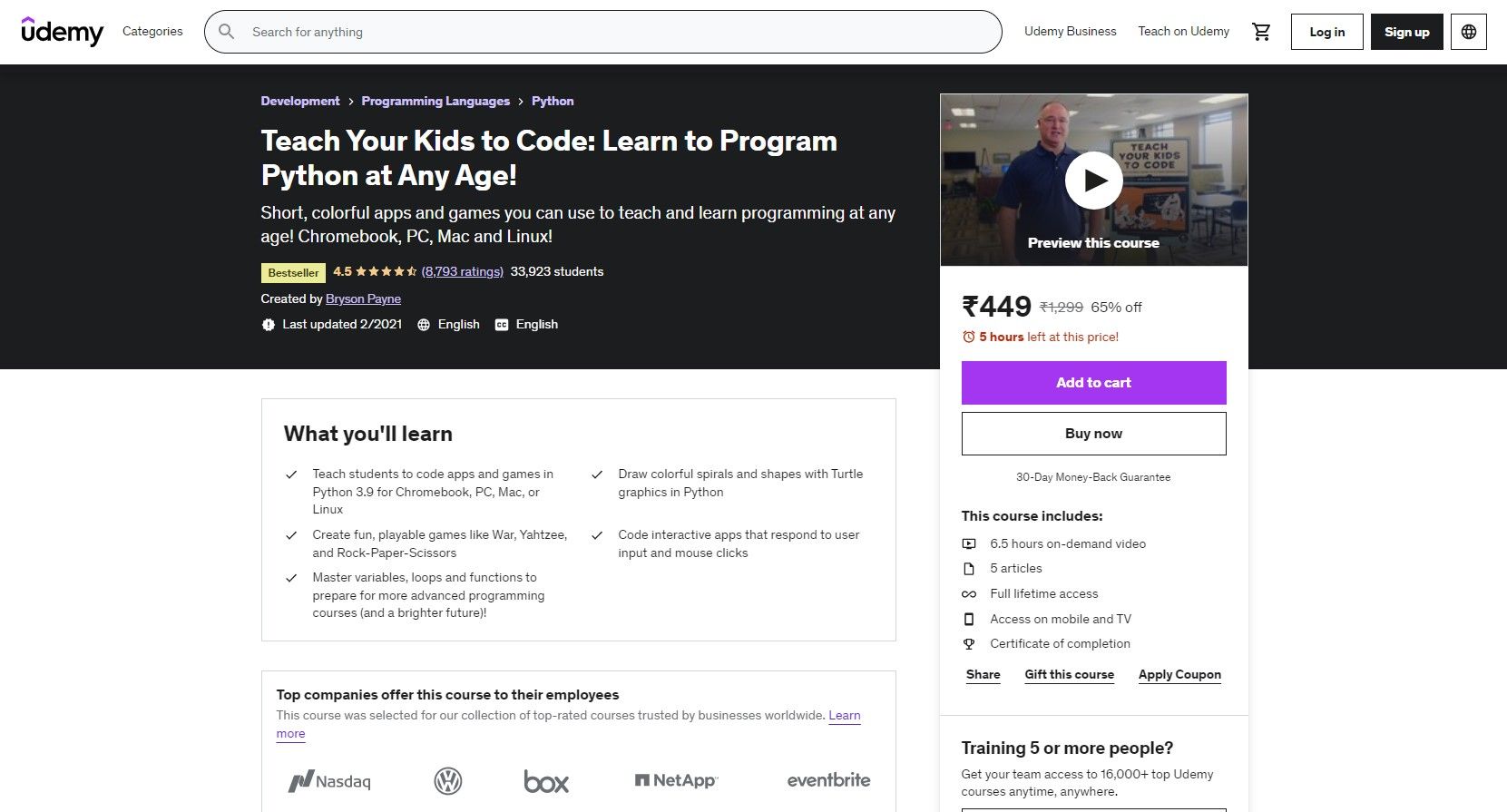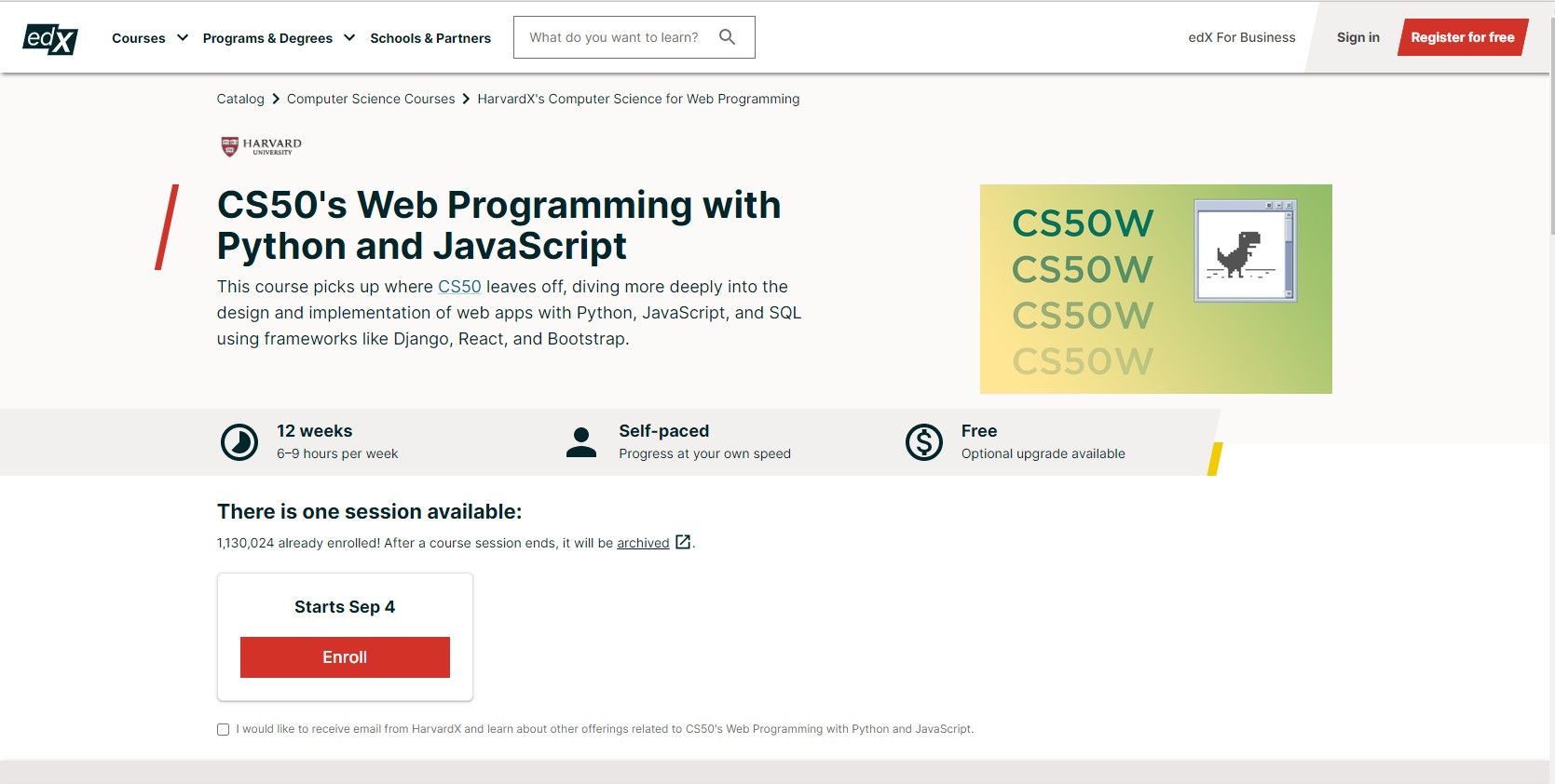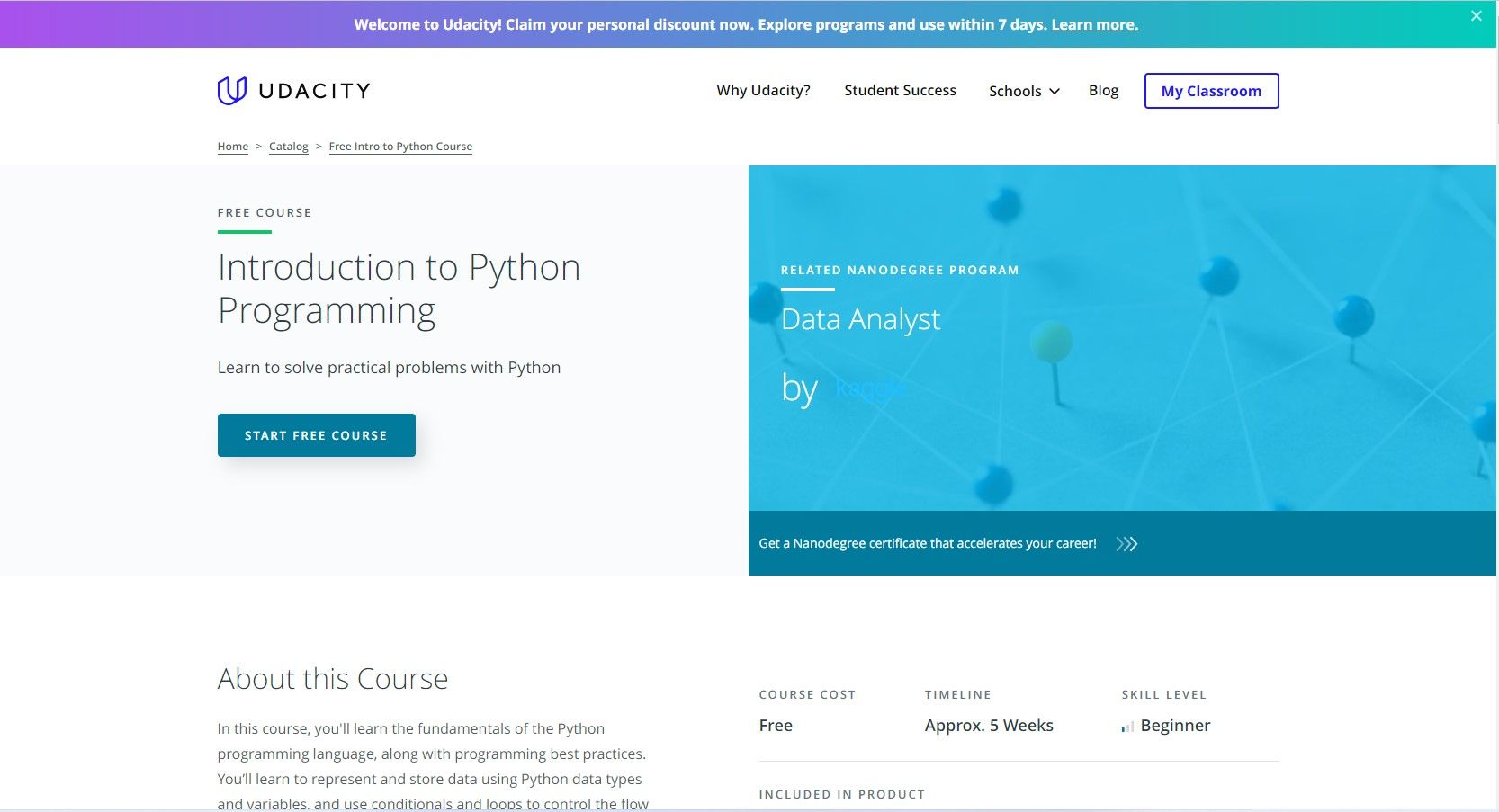Digital learning has made it easier to gain qualifications without needing to study a degree. Virtual programs are often shorter and more direct than traditional degrees, allowing for focused skill development and running for a few weeks or months.
Even better, online certificates are available for everyone at a fraction of the price of a regular degree. But are they useful in the modern job market? And if so, how helpful are they? Let's take a look.
The Popularity of Online Certificates or Nano-Degrees
Online certificates have recently become a popular choice for many seeking accessible and affordable education opportunities. Whether you are a fresh-faced college graduate looking to bolster your CV, a career person trying to upskill in their twilight years, or a newbie in the labor market trying to bolster your resume, there's something for everyone. Here are some reasons for the popularity of online certificates:
Directness
If you enroll in a physical university or college, your learning boundaries are limited to the range of courses offered there. This can be a problem because many courses have specifics that can only be taught in certain semesters or require things you lack. Worse still, the courses have no specific direction or focus. Considering online certificates' popularity, you won't have to deal with such challenges. You can choose your preferred platform and the course you want to undertake.
Affordability
Education is expensive, and many people have to pay back significant student loan debts. Online certificate platforms allow users to undertake top-tier courses from high-ranking instructors and universities for a low cost or even free.
Flexibility
Commuting to a physical school when you cannot get accommodation on campus can quickly rack up a hefty price. If you have a family to cater to, or a job to show up to, online certificates allow you to learn on the go, fitting education into your life rather than the other way around. With these certificates, you do not need to leave the house or change out of your pajamas. You can simply roll over in bed and begin learning.
Of course, this flexibility doesn't apply to every online certificate program. However, many allow you to pace yourself.
Top Platforms for Online Certification
Now that you know the benefits of online certification, you're ready to discover the best online certification platforms. Below are the main ones worth looking at.
1. Coursera
Coursera is one of the more established online certification platforms. It boasts a huge online library containing business, marketing, sciences, and engineering subjects. With the backing of Andrew Ng and Daphne Koller, two professors from Stanford, the platform hosts over 2,000 courses with a user base of over 25 million registered people.
The platform contains non-accredited and accredited courses, partnering with universities and colleges to offer users specializations in specific areas. Coursera is part of the Massive Open Online Course (MOOC) industry. In 2017, about five courses were chosen and approved for credit equivalence. This allows college transfer credits to be usable with higher institutions accepting ACE accreditation. There are also full degree programs and financial aid to pay for them.
2. Udemy
Despite its popularity, certificates from Udemy aren't recognized by employers because it isn't an accredited educational entity. This means none of its courses can be used as continuing education units (CEUs) or college credits.
Nonetheless, it contains hundreds of fantastic courses for improving your skills. These include some of the best Excel courses on Udemy. Also, it contains a rating system that lets you know how beneficial a course is. Ultimately, it doesn't matter the accreditation status of the course you chose. Employers will appreciate your commitment to staying relevant in today's labor market.
3. edX
Like Coursera, edX was created by professors from MIT and Harvard this time. The platform boasts over 44 million users and a library curated and taught by industry mammoths and some of the finest higher institutions worldwide, such as Microsoft, Berkeley, and Harvard.
edX offers more than 3,000 higher education courses and over 300 programs from partnering with high-level organizations, colleges, and universities. Upon concluding a verified course, users get a certificate of completion.
4. Udacity
Udacity is one of the older online certificate platforms, reputed for its rich library of tech-related courses. Compared to others, this platform goes a step further for its users, offering project support, guidance, and mentorship—which are non-existent in their competition. Of course, these extra services aren't free.
The major upside of the certificate issued by Udacity is that they almost always guarantee brand recognition. Adding an Udacity certificate to your resume is sure to catch the eye of a prospective employer and convey your willingness to work. Also, unlike others, Udacity requires a more hands-on approach, so you can't laze your way through it.
5. FutureLearn
This platform is popular for its short courses. However, it also issues full online degrees, certificates, and micro-credential programs. The presence of fully online courses makes FutureLearn a unicorn among the others. Rather than teaching courses and issuing certificates for fun, why not earn a full degree?
Based in London, FutureLearn began in 2012. Since then, it has partnered with more than 175 universities globally and has a regular learning community of 10 million users. Even better, most of the courses on the platform are accredited and taught by partnering universities, which also issue the certificates themselves.
Do Employers Recognize These Degrees?
When determining whether a Coursera certificate can land you a job, or whether any of the platforms mentioned will do so, the answer is more nuanced than a straight "yes" or "no." For one, online certificates prove that you have worked hard to acquire a skill or knowledge, which can greatly impact your employment chances. However, these certificates aren't meant as alternatives or replacements for traditional higher certifications and aren't considered equals. Their values are equivalent to what any employer thinks of them. That's not necessarily a bad thing, either.
A FutureLearn survey shows that up to 44% of hiring managers considered online education to be between "very to extremely" important. The study further revealed that online education has been more acceptable since 2020 than in prior years. Additionally, the university affiliated with online education is crucial in how employers value courses. As more employers value online education, platforms that partner with universities will become more trusted.
Of course, you may also want to check out this explainer on whether certificate programs can help you land a job.
Do Online Certifications Improve Your CV?
When choosing learning platforms, it's best to go for ones with accredited courses and university partnerships. Granted, these are pricier than others. However, the cost of these options pays off by expanding your job search range and increasing your potential salary upon hire. If you already have a job, online certificates can boost productivity and growth, which increases your value to your employer.
To get the most from listing these certifications in your CV, ensure that they align with the job position you are currently in or aspiring to get. If employers consider the course important for skill building, this distinction could persuade them to consider you. And since online courses are typically voluntary and require a high level of discipline to pull off, many employers will view you in a positive light.







